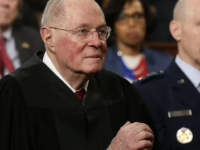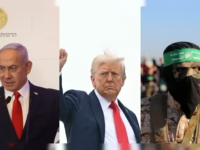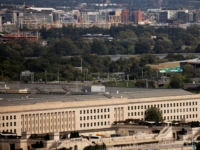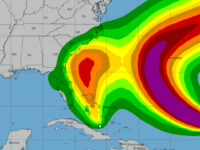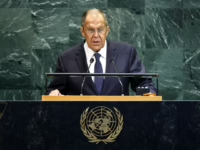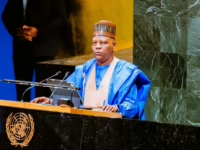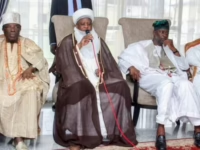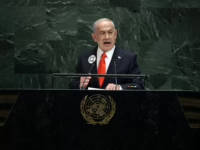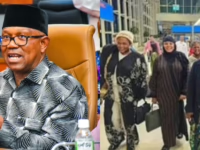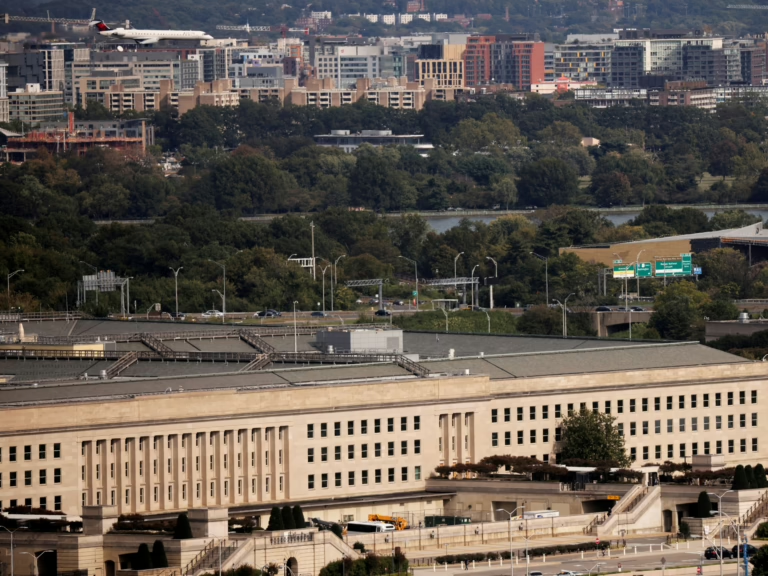The 1890 confrontation at Wounded Knee in South Dakota, often referred to as the Wounded Knee Massacre, remains a pivotal and tragic moment in American history.
The National Congress of American Indians has issued a strong rebuke following the Pentagon’s recent decision to uphold the awarding of military medals to U.S. soldiers involved in the 1890 Wounded Knee incident-an event widely regarded by scholars as a massacre rather than a battle.
“Honoring acts that amount to war crimes is not an act of patriotism. This ruling hinders the pursuit of truth, reconciliation, and the healing process that both Indigenous communities and the nation desperately require,” stated Larry Wright Jr., executive director of the Congress, in a public release on Saturday.
In a video shared on X late Thursday, Defense Secretary Pete Hegseth, serving under President Donald Trump, announced that a review panel had recommended retaining the medals awarded to the soldiers involved, a conclusion reached in a study finalized the previous year. Hegseth affirmed his agreement with the panel’s recommendation.
“We are affirming that these medals are deserved. This decision is definitive, and the soldiers’ roles in our country’s history will no longer be questioned,” Hegseth declared.
He also criticized his predecessor for hesitating to make a similar ruling, accusing the former defense chief of prioritizing political correctness over historical accuracy.
Understanding the Wounded Knee Massacre
On December 29, 1890, U.S. troops opened fire on a group of Lakota Sioux near Wounded Knee Creek, South Dakota, resulting in the deaths and injuries of over 300 men, women, and children. This tragic event effectively ended the series of conflicts known as the Indian Wars, during which Native American tribes were systematically dispossessed of their ancestral lands and confined to reservations.
During President Joe Biden’s administration, then-Defense Secretary Lloyd Austin initiated a review of the military decorations linked to this event but did not finalize a decision before his departure in January.
Congress formally expressed “deep regret” over the massacre in a 1990 resolution, acknowledging the profound historical impact and extending condolences to the Sioux people, especially the descendants of those affected.
“It is appropriate and timely for the United States Congress to recognize the historical importance of the Wounded Knee Massacre and to convey its sincere regret to the Sioux Nation and the families of the victims and survivors of this grievous tragedy,” the resolution stated.
Since assuming office, Secretary Hegseth has openly challenged diversity, equity, and inclusion initiatives within the Pentagon. Under his leadership, the Department of Defense has discontinued official observances of heritage months such as Native American History Month and Black History Month.
Earlier this year, the Pentagon faced criticism after briefly removing online mentions of the Navajo Code Talkers-Native American soldiers who created an unbreakable code instrumental in securing Allied victory during World War II.






